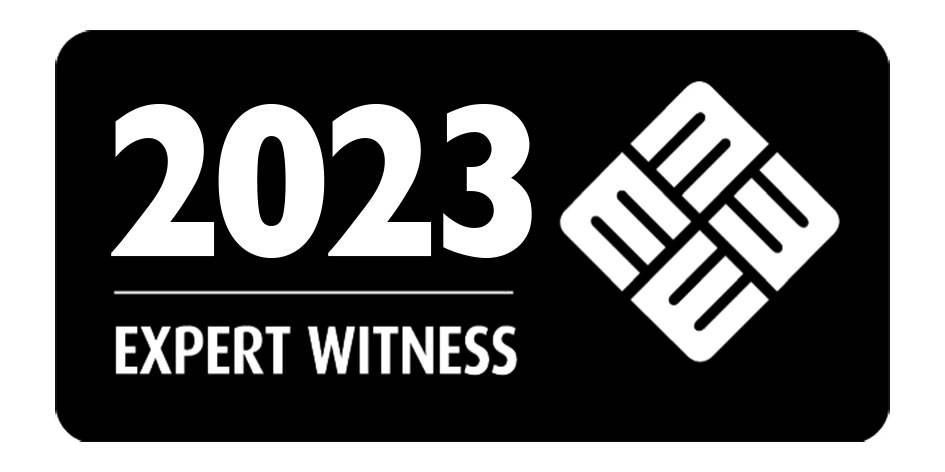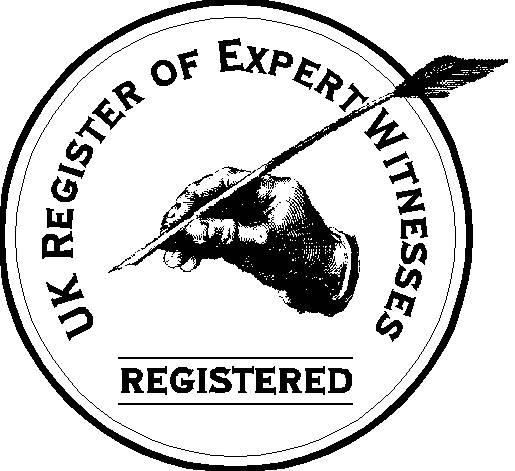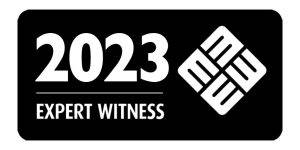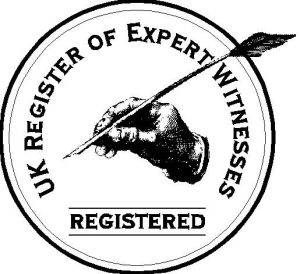
Guidance for the instruction of experts in civil claims
The document can be found here
It’s a comprehensive guide designed to assist litigants, those instructing experts, and the experts themselves in understanding best practices for complying with Part 35 of the Civil Procedure Rules (CPR) and court orders. This guidance replaces the Protocol for the instruction of experts in civil claims (2005, amended 2009).
Here are some key points from the document:
1. **Introduction**: The guidance aims to encourage the exchange of early and full information about the expert issues involved in the prospective claim, enable the parties to avoid or reduce the scope of the litigation by agreeing on the whole or part of an expert issue before proceedings are started, and support the efficient management of proceedings where litigation cannot be avoided.
2. **Selecting and Instructing Experts**: Those intending to instruct experts should consider whether expert evidence is necessary, taking into account the principles set out in CPR Parts 1 and 35. The court’s permission is required before an expert’s report can be relied upon or an expert can be called to give oral evidence.
3. **Duties and Obligations of Experts**: Experts owe a duty to exercise reasonable skill and care to those instructing them, and to comply with any relevant professional code. They have an overriding duty to help the court on matters within their expertise. This duty overrides any obligation to the person instructing or paying them.
4. **Appointment of Experts**: Before experts are instructed, it should be established whether the experts have the appropriate expertise and experience, are familiar with the general duties of an expert, can produce a report within a reasonable time, are available to attend the trial, and have no potential conflict of interest.
5. **Experts’ Reports**: The content of experts’ reports should be governed by their instructions and general obligations, any court directions, CPR 35 and PD35, and the experts’ overriding duty to the court. In preparing reports, experts should maintain professional objectivity and impartiality at all times.
6. **Single Joint Experts**: The CPR encourages the use of joint experts. Wherever possible a joint report should be obtained. Single joint experts are the norm in cases allocated to the small claims track and the fast track.
7. **Experts’ Withdrawal**: Where experts’ instructions are incompatible with their duties, the experts may consider withdrawing from the case. However, experts should not do so without first discussing the position with those who instruct them.
Please note that this is a summary and the document contains more detailed information and guidance.



